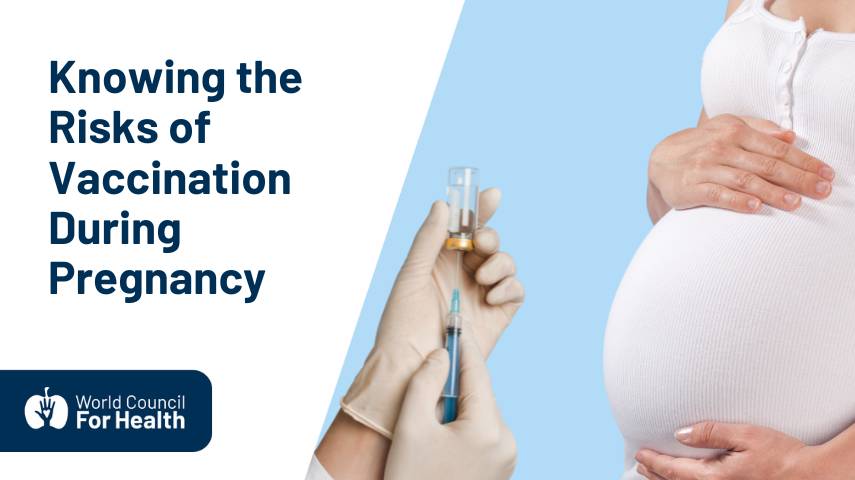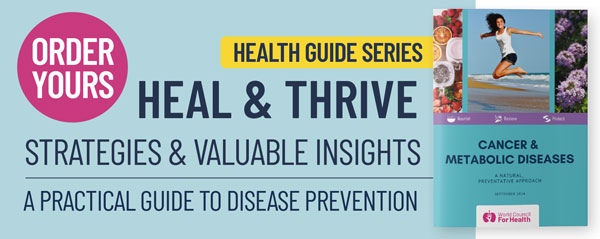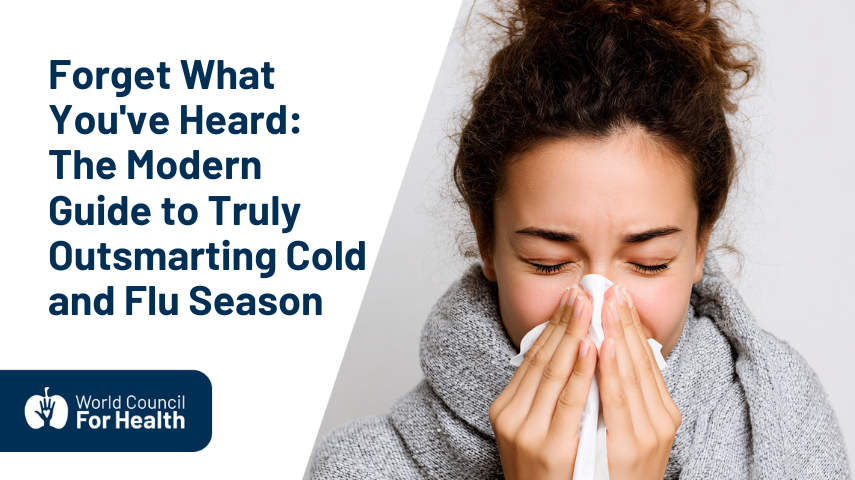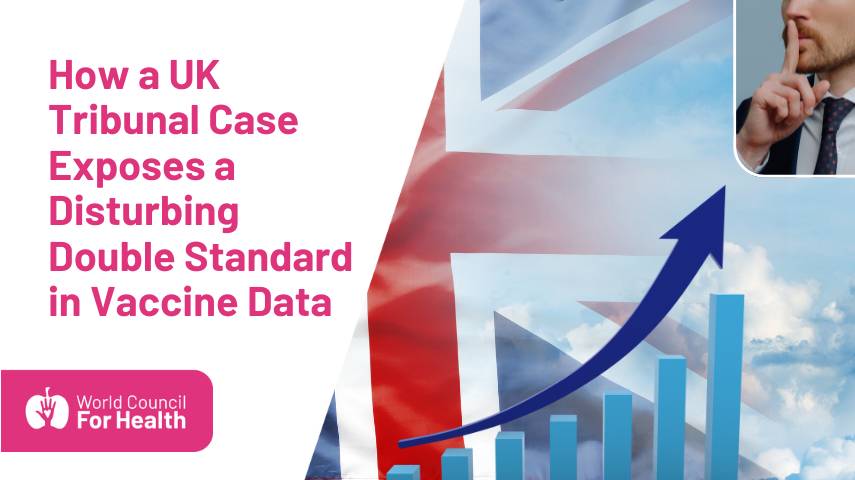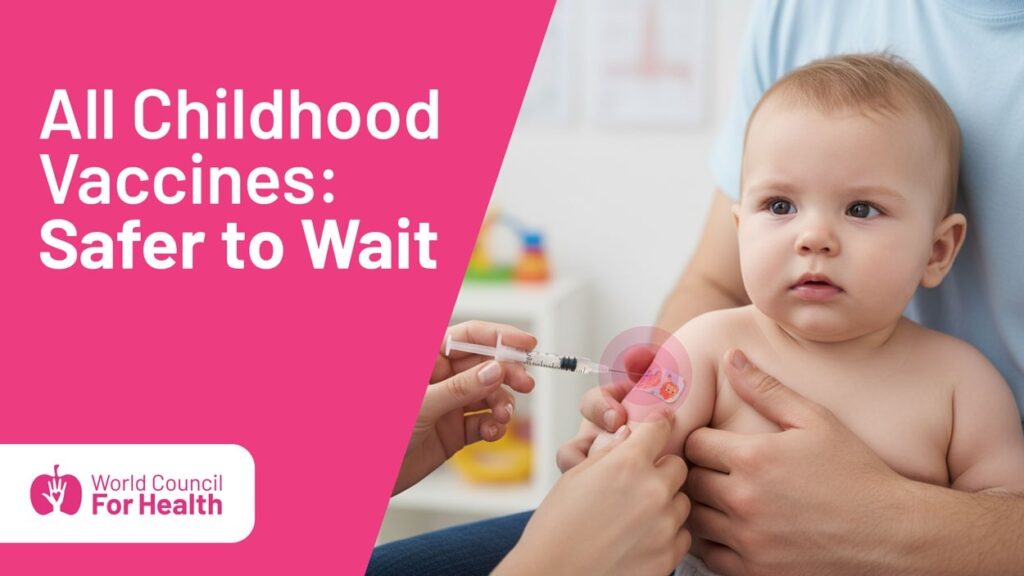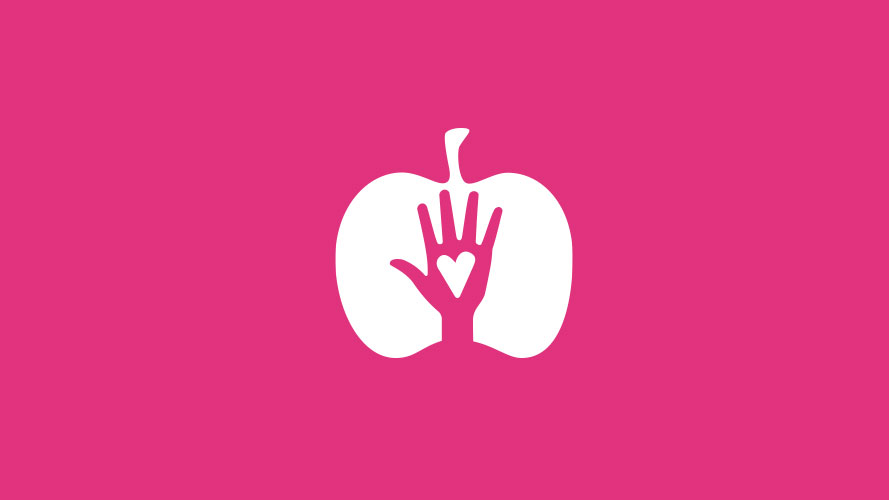Pregnancy is a time of joy, anticipation, and careful decision-making. As an expecting mother, your primary goal is to ensure the health and safety of your baby. While vaccines are often promoted as safe during pregnancy, emerging evidence suggests they may pose significant risks due to:
– Lack of rigorous safety testing
– Potential for inflammation and immune activation
– Unknown long-term effects on fetal development
This briefing provides an overview of current vaccine recommendations in different countries and the concerns surrounding their use in pregnancy.
Key Concerns About Vaccines During Pregnancy
- Lack of Proper Safety Testing
Most vaccines recommended for pregnant women have not been adequately tested in clinical trials involving pregnant populations (Nass, 2023). Regulatory agencies often rely on post-marketing surveillance rather than placebo-controlled studies, leaving critical gaps in safety data.
- Risk of Inflammation and Immune Activation
Vaccines trigger an immune response, which can lead to inflammation—a known risk factor for adverse pregnancy outcomes, including:
- Miscarriage
- Preterm birth
- Developmental issues (Brown, 2014)
3. Potential Harm from Vaccine Ingredients
Many vaccines contain adjuvants (e.g., aluminum) and other additives that may cross the placenta, raising concerns about:
- Neurodevelopmental effects
- Autoimmune reactions
- Fetal toxicity (Geehr & Barke, 2024)
4. No Placebo-Controlled Trials
Unlike other medications, vaccines given during pregnancy have not been tested against a true placebo in large-scale trials, making it difficult to assess real risks (Thorp, 2023).
Current Vaccines Recommended During Pregnancy (By Country)
Country
Recommended Vaccines During Pregnancy
USA (CDC)
Flu, Tdap, RSV, COVID-19
UK (NHS)
Flu, Whooping Cough (Tdap)
Canada
Flu, Tdap
Australia
Flu, Tdap, COVID-19 (optional)
Germany
Flu, Tdap (RSV under review)
(Sources: CDC, NHS, Health Canada, Australian Government Department of Health, Robert Koch Institute)
Reported Adverse Effects Linked to Pregnancy Vaccines
Influenza (Flu) Vaccine
- Increased risk of miscarriage (CDC, 2017)
- Higher rates of gestational diabetes & preeclampsia (Traversa et al., 2014)
- Potential link to autism (Brown, 2014)
Tdap (Whooping Cough) Vaccine
- No long-term safety studies
- Possible increase in congenital anomalies (Infectious Diseases & Therapy, 2023)
COVID-19 mRNA Vaccines
- Spike protein detected in placenta & umbilical cord (AJOG, 2024)
- Reports of stillbirths & preterm births (OpenVAERS, 2023)
- FDA & Pfizer withheld safety data (Daily Clout, 2023)
RSV Vaccine (Abrysvo®)
- Higher rates of preterm birth & preeclampsia (BMJ, 2023)
- Low birth weight & neonatal jaundice (CDC, 2023)
Steps to Make an Informed Decision
- Ask Questions
- Request safety data from your healthcare provider.
- Demand fully informed consent before any vaccination.
- Research Independently
- Review studies not funded by vaccine manufacturers.
- Consider Natural Immunity & Alternatives
- Strengthen your immune system with nutrition, vitamin D, and stress reduction.
- Seek Second Opinions
- Consult holistic or functional medicine doctors.
- Trust Your Instincts
You have the right to refuse medical interventions without full safety evidence.
Conclusion: A Call for Caution
Pregnancy is a sacred time when the smallest exposures can have lifelong consequences. While vaccines are widely promoted, the absence of robust safety data means risks may outweigh benefits. Until independent, long-term studies confirm safety, many experts advise avoiding unnecessary vaccinations during pregnancy.
Your baby’s health is worth protecting—make an informed choice.
References:
- Brown, A. (2014). Elevated maternal CRP levels and autism risk. Journal of Autism and Developmental Disorders, 44(5), 1234-1245.
- CDC. (2017). Influenza vaccination and spontaneous abortion. Morbidity and Mortality Weekly Report, 66(38), 1-8.
- Geehr, E., & Barke, J. (2024). Unavoidably Unsafe: Childhood Vaccines Revisited. Skyhorse Publishing.
- Nass, M. (2023). FDA meeting on vaccine safety in pregnancy. FDA Transcript.
- Thorp, J. (2023). Risks of vaccination in pregnancy. Journal of American Physicians and Surgeons, 28(2), 45-50.
Disclaimer: This article is for informational purposes only and does not constitute medical advice. Consult a trusted healthcare provider for personalised guidance.
Further Resources:
https://worldcouncilforhealth.substack.com/p/rsv-vaccines-revealed
https://www.worldcouncilforhealth.org/vaccinating-c19-pregnancy/
